Understanding the Taxability of Casino Winnings in Canada
Related article
Is Your Gambling Profit in Canada Tax-Exempt?
While countless Canadians indulge in gaming for leisure and profit, the intricacies of taxing casino winnings are not straightforward. The tax implications hinge on several factors, like the nature of the gambling activity, income source, and the individual's gambling status.
Under the Income Tax Act, most gambling earnings in Canada remain untaxed. Hence, participants aren't required to report wins from activities like lotteries, horse races, sports wagering, or online platforms. However, exceptions do exist.
One exception arises if a person earns interest on their gambling winnings without disclosure—such interest is taxable, necessitating a T5 form. Professional gamblers form another exception since their earnings from betting are classified as business income and subject to taxation.
If winnings come from foreign operations, like U.S. casinos or lotteries, taxes may apply, necessitating a U.S. tax return. Foreign tax credits could be claimed on Canadian returns to prevent double taxation.
So, before you revel in your winnings, it's essential to understand the tax ramifications and consult a professional if unsure. Gambling is both an enjoyable and lucrative pastime, but carries obligations.
Diverging Taxes for Hobby Gamblers vs. Professional Gamblers
Depending on the approach, gambling can range from a casual hobby to a profession. Tax obligations diverge significantly based on whether one gambles recreationally or professionally.
For those who gamble purely for fun, tax on winnings is generally not required unless there's accrued interest or foreign-derived income. Recreational players can only claim losses against their winnings and aren't entitled to deduct additional gambling expenses.
| Recreational Gambling | Professional Gambling |
|---|---|
| You can play just for fun. | It is motivated by monetary gain. |
| Casual Players Don't Owe Taxes on Game Proceeds | Winnings must be disclosed. |
| No need to report gambling income unless accruing interest. | Earnings must be charged for taxes. |
| Only losses can be deducted. | Only necessary expenses and losses may be deductible. |
Pros gamble with the intent to profit or as their main livelihood. Their winnings and losses must be declared on Schedule C, with taxes owed on net gains and self-employment income. Yet, they can still deduct losses and essential gaming expenses.
Determining whether one's gambling is recreational or professional involves evaluating facts such as betting frequency, regularity, and the skills applied. Gamblers should maintain clear records, documenting their results and evidence of their recreational or professional standing.
How Does the Canada Revenue Agency Classify Professional Gamblers?
Based on one's business-like engagement in gaming, the CRA sets distinct tax rules for casual and professional gamblers. While hobbyists aren't taxed unless earning interest or foreign winnings, professionals must detail their income and expenses on Schedule C.
But what criteria does the CRA use to decide someone's a professional? There’s no rigid definition, but several factors are considered after examining each unique situation.
Some of these factors are:
- Frequency and regularity of gaming activities
- Consistency and magnitude of gambling profits
- Dedication in terms of time and energy invested in gaming
- Level of skill and professionalism displayed
- Utilization of records, books, and strategies to enhance gaming success
- Intent to make a profit from gaming
- Dependence on gambling as a primary or singular income
A professional takes gambling as a source of livelihood, banking not on luck, but skills and expertise to win sustainably. They may attend tournaments, hone their skills with expert guidance, and diligently track their earnings.
Conversely, those engaging in gambling purely for enjoyment aren't aiming for income. They rely on chance to win at luck-based games like slots or roulette, playing occasionally for the thrill rather than profit.
Distinguishing between professional and non-professional gamblers isn't always straightforward.
Tax Considerations for Digital and Traditional Gambling
Regardless of whether your gaming happens online or offline, the tax ramifications remain. Is digital gambling in Canada taxed just like its traditional counterpart?
In Canada, gambling winnings remain largely exempt from taxation unless derived from business activities or abroad. However, only casual gamblers can offset losses up to the sum of their winnings.
In the U.S., both online and offline gambling winnings are taxed, with losses deductible as per itemized limits. Professionals can indefinitely offset gambling-associated losses and expenses, yet they remain liable for self-employment taxes on net earnings.
Gamblers from both countries must maintain comprehensive records detailing the nature, frequency, and outcome of their wagers. This includes recording interest earnings and taxes paid abroad on gambling gains. Canadian tax laws on gambling can vary based on individual circumstances, warranting professional advice.
Navigating Income Tax with Gambling Earnings
Gambling can deliver both excitement and profit, but tax implications also find their place. Whether you're a recreational bettor or a professional, treatment varies.
Casual gamblers, positioned in it for the joy and not the profit, generally sidestep income tax on winnings except when interest or foreign sources are involved. Yet, loss deductions are limited to their total winnings, and no ancillary gaming costs are deductible.
Conversely, seasoned professionals making a living off gambling, disclosing details on Schedule C, are liable for income and self-employment taxes on net gains. They’re entitled, however, to claim losses and reasonable gaming-related expenses.
Detailed record-keeping is paramount, documenting wagers and related details. Gamblers must also cite any interest from winnings or foreign tax payments.
Beyond mere enjoyment, gambling can yield cash flow—but it brings responsibilities. Gamblers should understand the relevant Canadian tax requirements for their situation, seeking expert advice if uncertain.
Conclusion
While many Canadians delight in gambling, it can yield unintended consequences. Conditions vary dramatically, and the nature of bets—like poker versus other games—affects tax obligations.
Players ought to meticulously document their gaming and communicate accurately with the CRA, seeking professionals if there's any confusion around tax responsibilities.
FAQ

